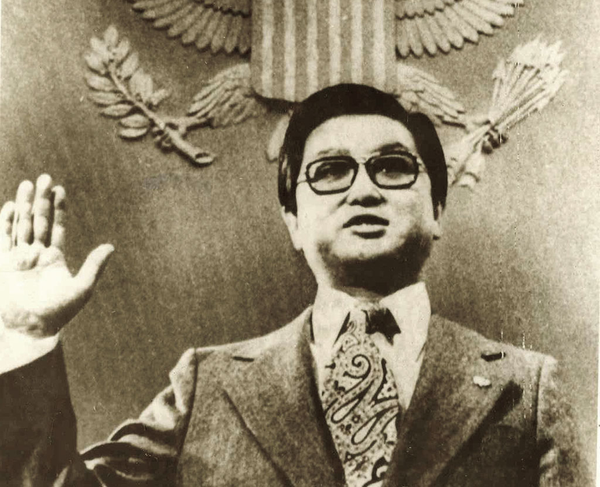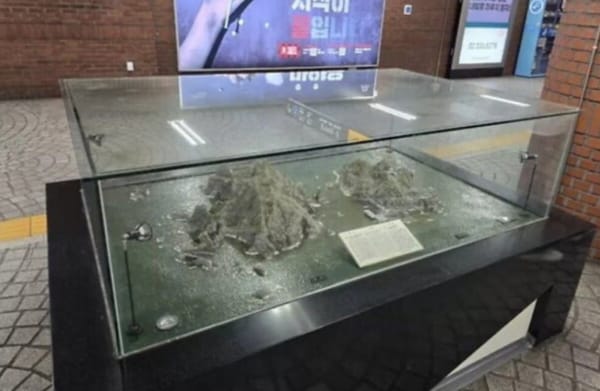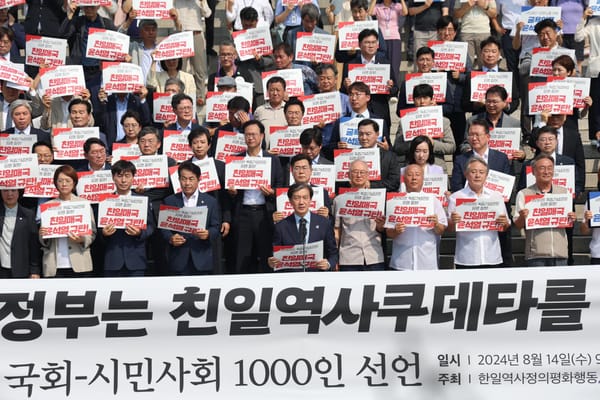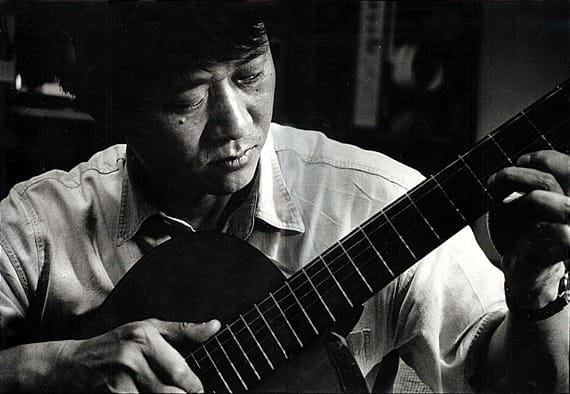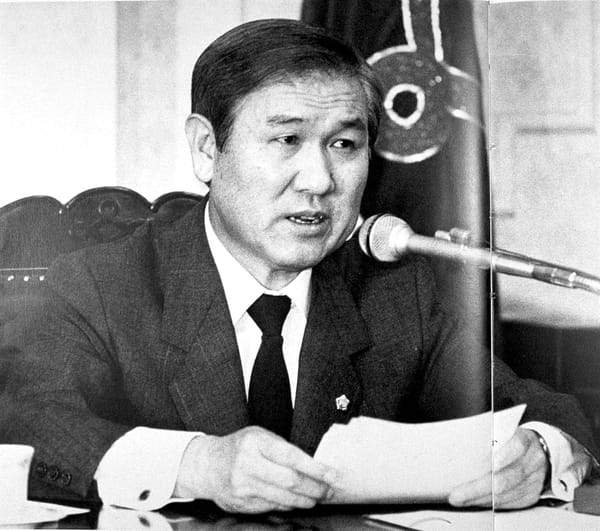Photo: Korean American shopkeepers defend their property during the Los Angeles riots. Credit: Getty Images.
On April 29, 1992, the jury at the California state court acquitted the four LAPD police officers who had brutally beaten Rodney King, a Black man. In the ensuing riot, Korean Americans suffered most of the damage: more than 2,200 Korean businesses were looted or destroyed. As the police pulled their forces to focus on defending the wealthy suburbs of Los Angeles, Korean Americans were forced to fend for themselves by building a barricade at their stores and defending them with shotguns.
The riot, referred to among Koreans as “sa-i-gu” (“4. 29”, following the Korean convention of referring to major events by dates,) was a major moment that touched off Korean American activism and political participation. Speaking at a seminar commemorating the 30 year anniversary of the riots, Republican Michelle Park Steel, a Korean American Congresswoman representing the Los Angeles suburbs, pointed to the media’s biased coverage of the Black-Korean tension that transferred the anger against white policemen to Korean American businesses, as well as the LAPD’s abandonment of Koreans. Representative Steel also noted that the riot served as a wake-up call for Korean Americans to participate in mainstream politics and organize to defend their rights.




